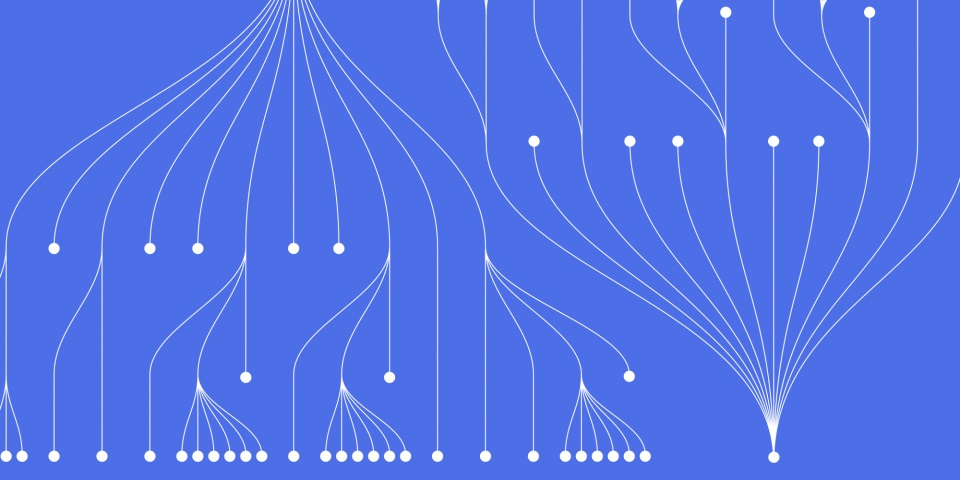
23 January 2018
Unifying software development and operations has been identified as the most effective way to deliver true digital transformation. DevOps is helping businesses achieve more faster by aligning their application development with the strategic goals of the company.
The DevOps concept has been widely publicised for years now, so the concepts are relatively well known. But when it comes to applying those principles, what are DevOps adherents actually doing?
Containerised applications
The inherent flexibility of Cloud services makes it ideal for the fast-paced DevOps model. However, replicating existing infrastructure in a hosted environment like Amazon AWS or Microsoft Azure simply recreates the same problems as the existing on-site data centre.
Instead, DevOps-driven businesses are re-engineering their apps to take advantage of new containerisation technologies. Docker training allows developers to master these techniques, building standalone web services and apps that can be linked to create larger, more scalable applications that flex according to business needs and user demand.
Containerised application development
With Docker providing containerisation capabilities, attention turns to the languages used to build and automate applications. To take advantage of scaling capabilities, organisations must be able to deploy apps and services automatically according to demand.
Ansible allows developers to create a series of playbooks that are then used to automated application deployment. Using the granular controls provided (variables, inclusions, task control, handlers etc), it becomes possible to tightly control the Cloud operating environment without affecting flexibility. (click here to read about the Ansible training including in our DevOps course).
Going beyond the basic Docker apps, developers are also able to control and automate the entire Cloud infrastructure. By learning the high-level configuration language Terraform, developers can create an execution plan that will rebuild their infrastructure in the Cloud with automatically. Infrastructure as Code is becoming increasingly important to DevOps strategy, by increasing automation and reducing the manual intervention required to manage corporate systems.
Software configuration management
With automated infrastructure deployment under control, DevOps focused companies are turning their attention to system configuration. Puppet Enterprise has emerged as a leading tool for managing configuration of Unix and Microsoft Windows system using declarations (either Puppet’s native language, or Ruby DSL).
By predefining system configuration, engineers and developers can deploy new vanilla systems in Cloud (or on site), before applying templated configurations. In this way, resources can be deployed and configured for production use within minutes. By reducing the resources required for systems management, the DevOps team can focus more on the new developments that will drive the business forwards. Click here to read more about Puppet training and what it offers your business.
To learn more about the languages and technologies being used by leading DevOps teams, please get in touch.

CONTACT
+44 (0)20 8446 7555
Copyright © 2025 JBI Training. All Rights Reserved.
JB International Training Ltd - Company Registration Number: 08458005
Registered Address: Wohl Enterprise Hub, 2B Redbourne Avenue, London, N3 2BS
Modern Slavery Statement & Corporate Policies | Terms & Conditions | Contact Us
POPULAR
AI training courses CoPilot training course
Threat modelling training course Python for data analysts training course
Power BI training course Machine Learning training course
Spring Boot Microservices training course Terraform training course